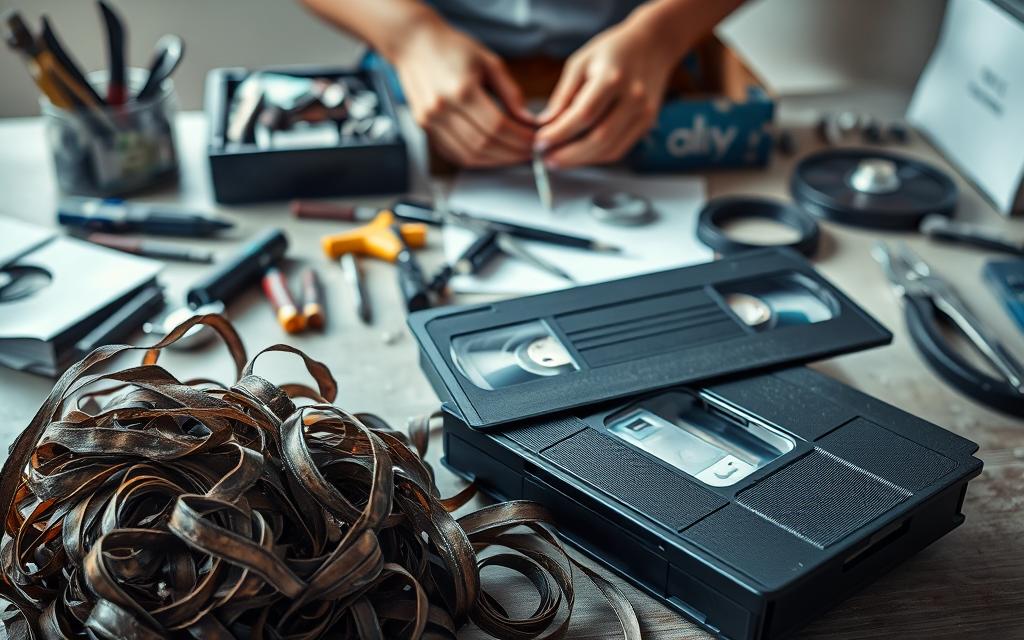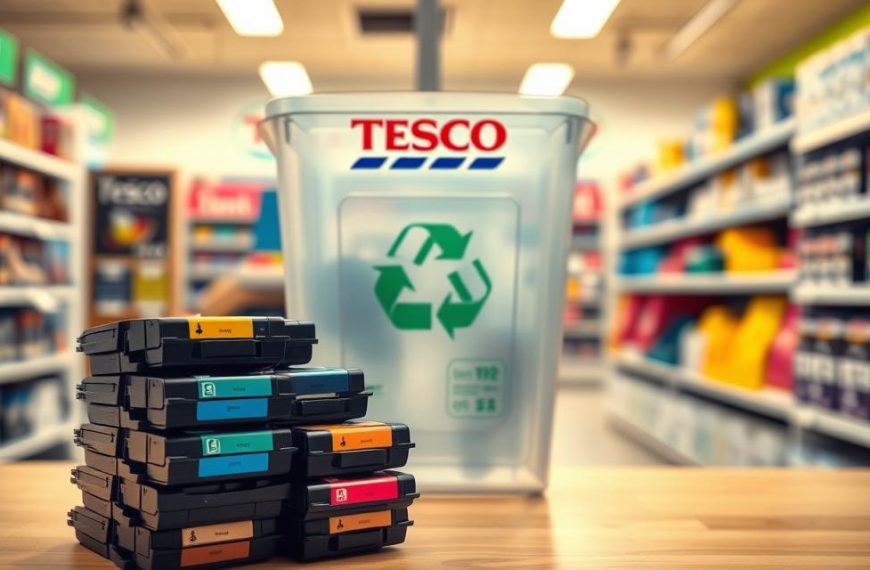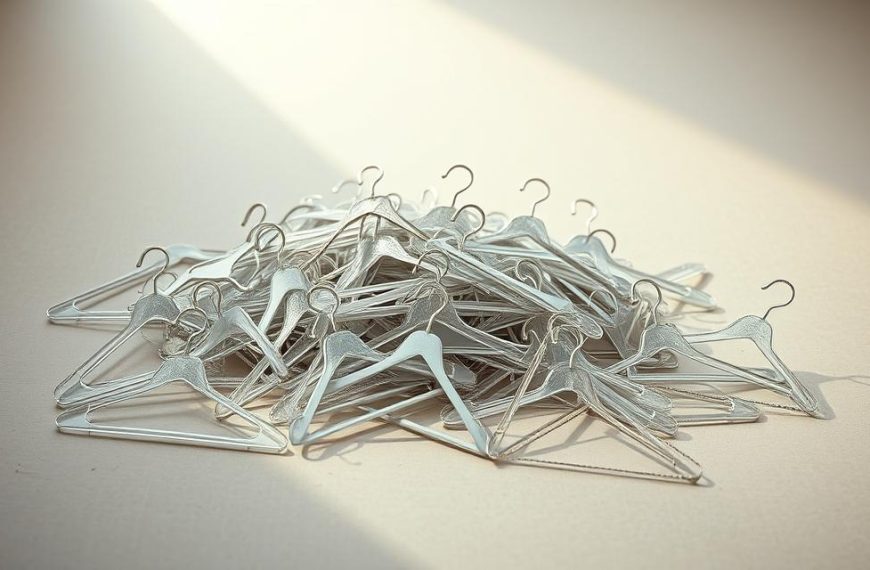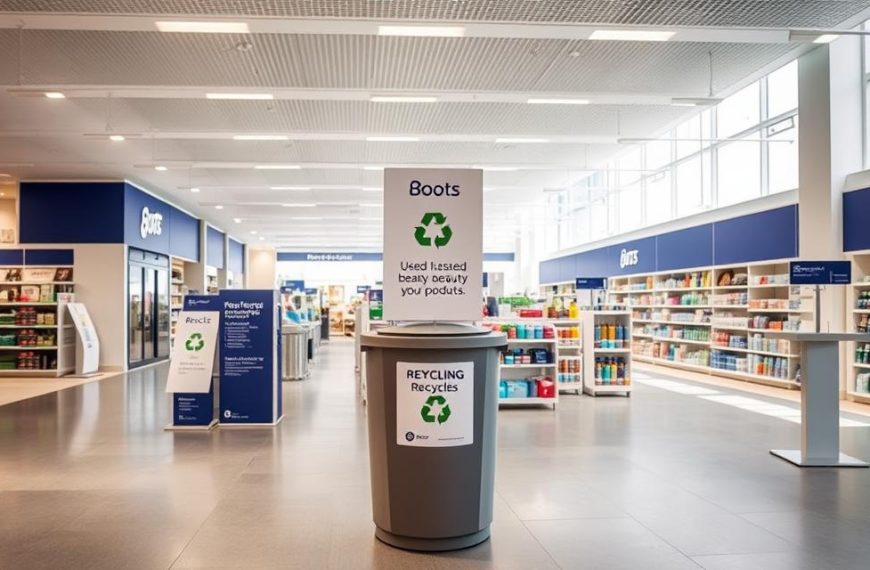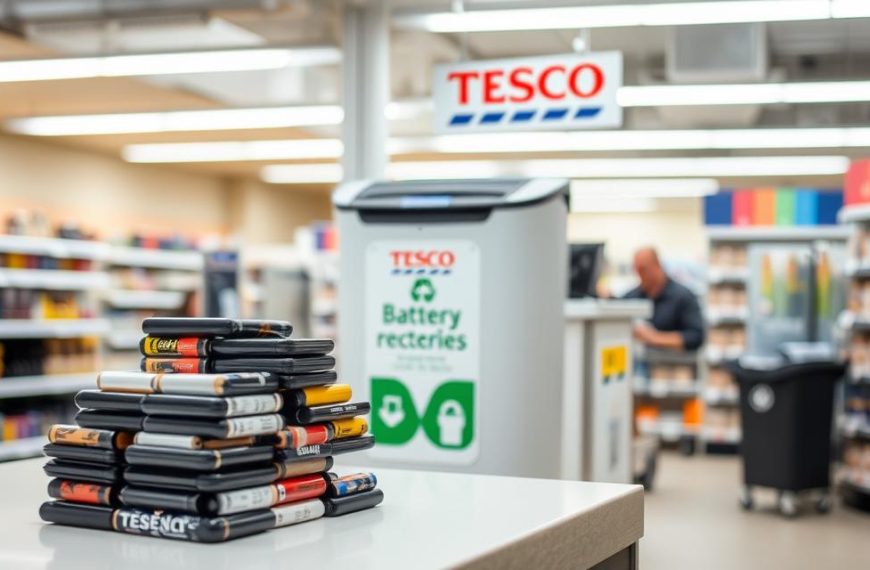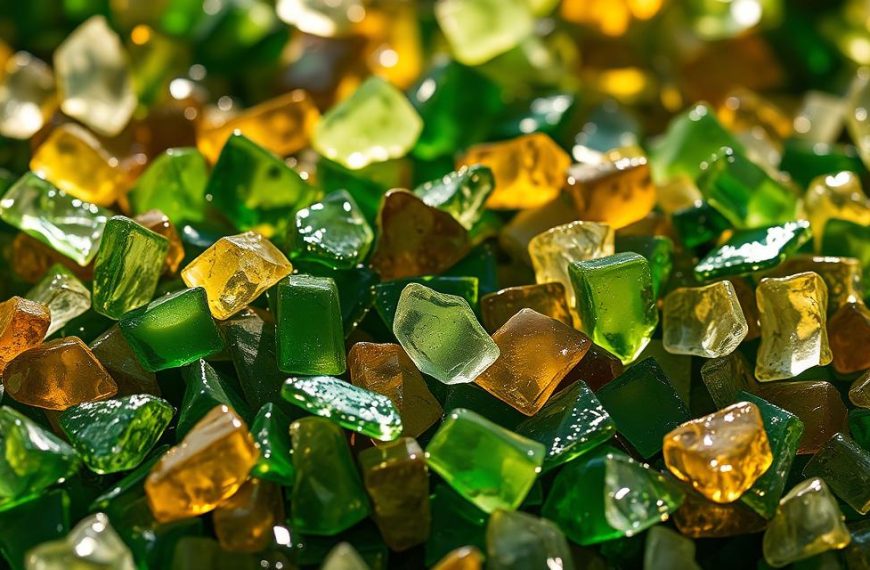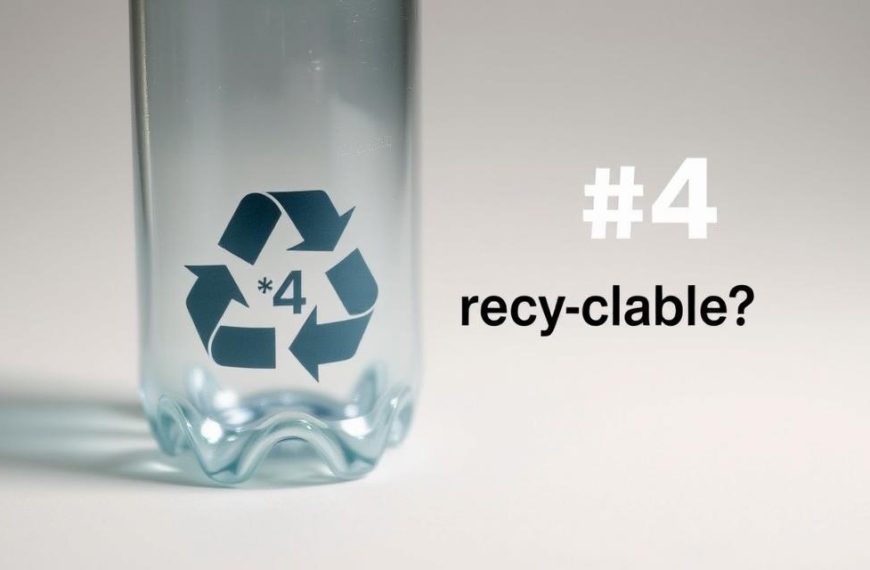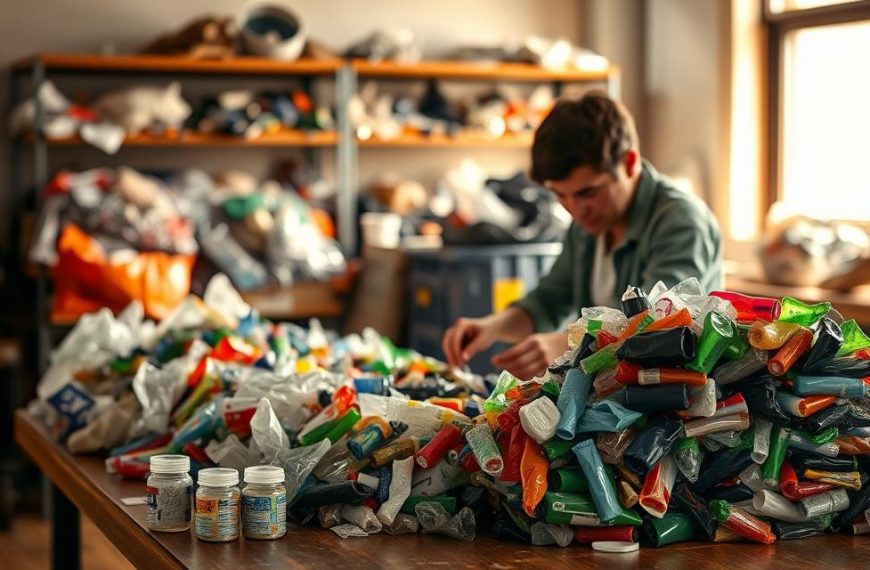Millions of households across the United States still hold onto old VHS tapes. These relics of the past often sit forgotten in attics or basements, collecting dust. But what happens when it’s time to let them go? The question arises: are VHS tapes recyclable?
With over 37 million of these tapes still in U.S. homes, according to GreenCitizen, their disposal is a growing concern. Improperly discarding them can lead to harmful materials like chromium seeping into landfills. This poses a significant risk to the environment.
Understanding the recyclable components of these tapes is crucial. While the plastic casing might seem reusable, the magnetic tape inside complicates the process. Proper disposal methods can help reduce electronic waste and protect our planet.
Exploring options like recycling centers or digitization services can give these old tapes a new purpose. By taking the right steps, you can ensure they don’t end up harming the environment.
Introduction: The Challenge of Old VHS Tapes
Once the cornerstone of home entertainment, old VHS tapes now gather dust in countless households. These relics of the past were once the heart of family movie nights and Back to the Future marathons. However, the rise of DVDs and streaming services marked the end of their reign, leaving over 37 million tapes unused in homes across the U.S.
Storing these tapes presents its own set of challenges. Their bulky design takes up valuable space, while the risk of degradation looms over time. Brittle tapes and mold growth can render them unusable, turning cherished memories into forgotten clutter.
Beyond storage issues, these tapes pose significant environmental hazards. The plastic casing takes over 500 years to decompose, while toxic metals like chromium can seep into landfills. This makes proper disposal crucial to prevent long-term harm to the planet.
The concept of “e-waste” has emerged to address such challenges. Regulated disposal requirements ensure that harmful materials are handled responsibly. By understanding the impact of these old tapes, we can make informed decisions about their future.
Whether it’s revisiting childhood favorites or preserving family moments, these tapes hold sentimental value. Yet, their environmental footprint reminds us of the importance of eco-friendly disposal methods. Let’s explore how to tackle this challenge responsibly.
Are VHS Tapes Recyclable?
Decades after their peak, these media relics still linger in homes across America. Their disposal raises important questions about environmental responsibility. Understanding their recyclability starts with breaking down their components.
Recyclable Components of VHS Tapes
The plastic casings, made from #5 polypropylene, are accepted by about 15% of U.S. recycling centers. Metal screws and reels can also be processed separately. These materials, when properly sorted, can be repurposed into new products.
Non-Recyclable Components of VHS Tapes
The magnetic tape inside is coated with toxic metals like chromium and iron oxide. Adhesive labels and paper inserts further complicate recycling. These elements often end up as waste, contributing to environmental harm.
“Mixed materials in VHS tapes make them difficult to recycle. Over 90% of facilities reject them intact,” notes High Tech Recycling.
Specialized recyclers like GreenDisk use advanced processes such as shredding and magnetic sorting to separate these components. However, DIY disassembly is not recommended due to sharp edges and hazardous dust.
| Component | Recyclable? | Notes |
|---|---|---|
| Plastic Casings | Yes | #5 polypropylene, accepted by 15% of centers |
| Metal Screws/Reels | Yes | Can be processed separately |
| Magnetic Tape | No | Contains toxic metals like chromium |
| Adhesive Labels | No | Contaminates recycling streams |
| Paper Inserts | No | Often mixed with non-recyclable materials |
By understanding these components, you can make informed decisions about disposal. Proper recycling reduces waste and protects the environment.
How to Recycle VHS Tapes
Many people wonder what to do with their outdated media collections. Proper disposal of these items requires understanding the recycling process and available options. Here’s a guide to help you navigate the steps involved.
Finding Local Recycling Centers
Start by locating a recycling center near you. Earth911’s directory is a great tool to find certified e-waste recyclers. Not all facilities accept these items, so calling ahead is essential.
Staples and Best Buy are two retailers that selectively accept old media. However, policies vary by location. Always confirm before dropping off your items.
Specialized E-Waste Recyclers
For a more thorough recycling process, consider specialized services like GreenCitizen. They offer a mail-in program at $6 per pound. Their dual-layer destruction method includes degaussing and incineration at Reworld facilities.
Certified destruction costs around $20 per unit. Alternatively, Creative Reuse Centers accept donations for free. This is a great option if your items are still in good condition.
- Use Earth911’s directory to find certified e-waste recyclers.
- Compare costs: $20/unit for certified destruction vs. free donations.
- Prepare items by removing paper labels and bundling them in marked boxes.
Regional differences also play a role. California has strict e-waste laws, while rural areas may have limited options. Research your local guidelines to ensure compliance.
Alternative Disposal Options for VHS Tapes
Old media collections often find themselves in a limbo between nostalgia and practicality. If you’re looking to dispose vhs tapes responsibly, there are several options beyond recycling. These methods not only clear space but also give your old media a new purpose.
Donating VHS Tapes
One of the easiest ways to part with your collection is by donating it. Libraries, vintage shops, and organizations like the Internet Archive often accept historic media. For example, Half Price Books and Pittsburgh Creative Reuse welcome donations for creative projects.
Donating ensures your tapes find a new home instead of ending up in a landfill. It’s a simple yet impactful way to contribute to cultural preservation.
Selling VHS Tapes to Collectors
If your collection includes rare or cult classics, selling might be a lucrative option. Platforms like eBay and Facebook Marketplace are hotspots for collectors. Rare titles, such as horror films or Disney originals, can fetch significant prices—some even selling for over $80,000.
This approach not only helps you dispose vhs tapes but also connects you with enthusiasts who value these relics.
Creative Upcycling Ideas
For those who enjoy DIY projects, upcycling offers a creative solution. Turn old cases into planters, jewelry organizers, or holiday ornaments. Tutorials online can guide you through these transformations, giving your tapes a second life.
Upcycling is a fun and eco-friendly way to repurpose items that might otherwise be discarded.
“Before disposal, consider digitizing your tapes. Legacybox’s $49.99 conversion kits make it easy to preserve memories digitally,” suggests High Tech Recycling.
Always verify local e-waste regulations before tossing old media in the trash. By exploring these options, you can make a positive impact while decluttering your space.
What to Do with VCR Players
VCR players, once a staple in every living room, now face the challenge of responsible disposal. These devices contain materials like leaded glass and mercury, which can harm the environment if not handled properly. Understanding your options can help you make eco-friendly decisions.
Donating VCR Players
If your VCR is still functional, consider donating it. Organizations like Goodwill, tech museums, and schools often accept these devices for educational purposes. Donating not only extends the life of the device but also supports analog media education.
Recycling VCR Players
For non-functional units, recycling is the best option. Retailers like Best Buy offer in-store e-waste bins, while services like ERC provide national pickup networks. Specialized recyclers, such as GreenCitizen, partner with Reworld’s waste-to-energy plants to process these devices safely.
“Improper disposal of VCRs can lead to heavy metals leaking into soil and water,” warns GreenCitizen.
Here are some additional tips for handling VCR players:
- Avoid curbside disposal to prevent environmental contamination.
- Check for trade-in credits from retailers like Decluttr for functional units.
- Always verify local e-waste regulations before recycling.
By choosing the right disposal method, you can reduce electronic waste and protect the planet. Whether donating or recycling, your actions make a difference.
Digitizing VHS Tapes Before Disposal
Preserving cherished memories stored on outdated media is a growing priority for many. These old formats often hold irreplaceable family moments or nostalgic content. Digitizing them ensures these memories last for generations while also clearing physical clutter.
Benefits of Digitizing VHS Tapes
One of the key advantages of digitization is preventing data loss. Studies show that 60% of magnetic tapes degrade within 20 years. Converting them to digital formats safeguards your video content from deterioration.
Digitizing also makes sharing easier. You can store files on cloud platforms or external drives, ensuring accessibility anytime. Additionally, this process aligns with eco-friendly disposal practices. Once digitized, the physical tapes can be recycled responsibly.
How to Convert VHS Tapes to Digital
There are two main steps to digitization: DIY kits and professional services. DIY options like Roxio Easy VHS are cost-effective but require technical know-how. Professional services, such as Legacybox and ScanMyPhotos, offer convenience and high-quality results.
Legacybox provides 4K conversion with cloud storage and a 100% return policy for originals. Costco partners with YesVideo, offering conversions at $29.99 per tape. These services ensure your videos are preserved with minimal effort.
“Preserve memories, then recycle responsibly. Digitization is the first step toward eco-friendly disposal,” notes High Tech Recycling.
Donating digitized media to historical societies can also qualify for tax deductions. This adds a financial incentive to the preservation process.
By digitizing your old media, you save memories and reduce energy consumption associated with producing new storage devices. It’s a win-win for both personal and environmental reasons.
Environmental Impact of VHS Tape Disposal
The disposal of outdated media carries hidden environmental consequences. While these items may seem harmless, their components pose significant risks when improperly handled. Understanding these effects is key to making eco-friendly choices.
The Problem with Landfills
Tossing old media into regular trash harms the environment. Chromium from magnetic tape can poison groundwater, while plastic casings fragment into microplastics. These metals and synthetics persist for centuries, disrupting ecosystems.
Landfills lack safeguards to contain these toxins. Over time, rain washes contaminants into soil and waterways. This creates long-term health risks for communities and wildlife.
How Recycling Helps the Environment
Proper recycling helps mitigate these dangers. Specialized facilities recover 70% of materials, turning them into industrial pellets or energy. For example, processing 100 tapes generates enough power to run a home for three hours.
The EPA notes that recycling one ton of e-waste cuts CO2 emissions by a ton. Waste-to-energy plants also reduce methane output by 95%. These steps align with global sustainability goals.
“Recycling old media prevents hazardous materials from contaminating our environment. It’s a small step with measurable impact,” explains
.
Policy gaps remain—the U.S. recycles just 35% of e-waste compared to the EU’s 65%. Supporting initiatives like the RIGHT TO REPAIR Act can improve these rates. Advocacy ensures future products are designed for easier recycling.
For safe disposal methods, consult guides on how to properly dispose of old VHS tapes. Every responsible choice protects our planet.
Conclusion: Making Eco-Friendly Choices with VHS Tapes
Handling outdated media responsibly is a step toward a greener future. You have several options to dispose vhs tapes sustainably. Recycling through services like GreenCitizen ensures harmful materials are processed safely. Donating to organizations like Goodwill gives them a second life. Upcycling or digitizing preserves memories while reducing waste.
Always verify local guidelines using Earth911 or municipal waste portals. This ensures compliance with regional e-waste laws. Turning nostalgia into sustainability is easier than you think.
Explore GreenCitizen’s mail-in program or Legacybox’s conversion kits for eco-friendly solutions. Every tape recycled protects our planet for future generations. Make the choice today—small actions lead to big impacts.
